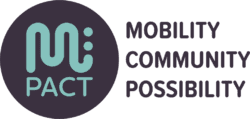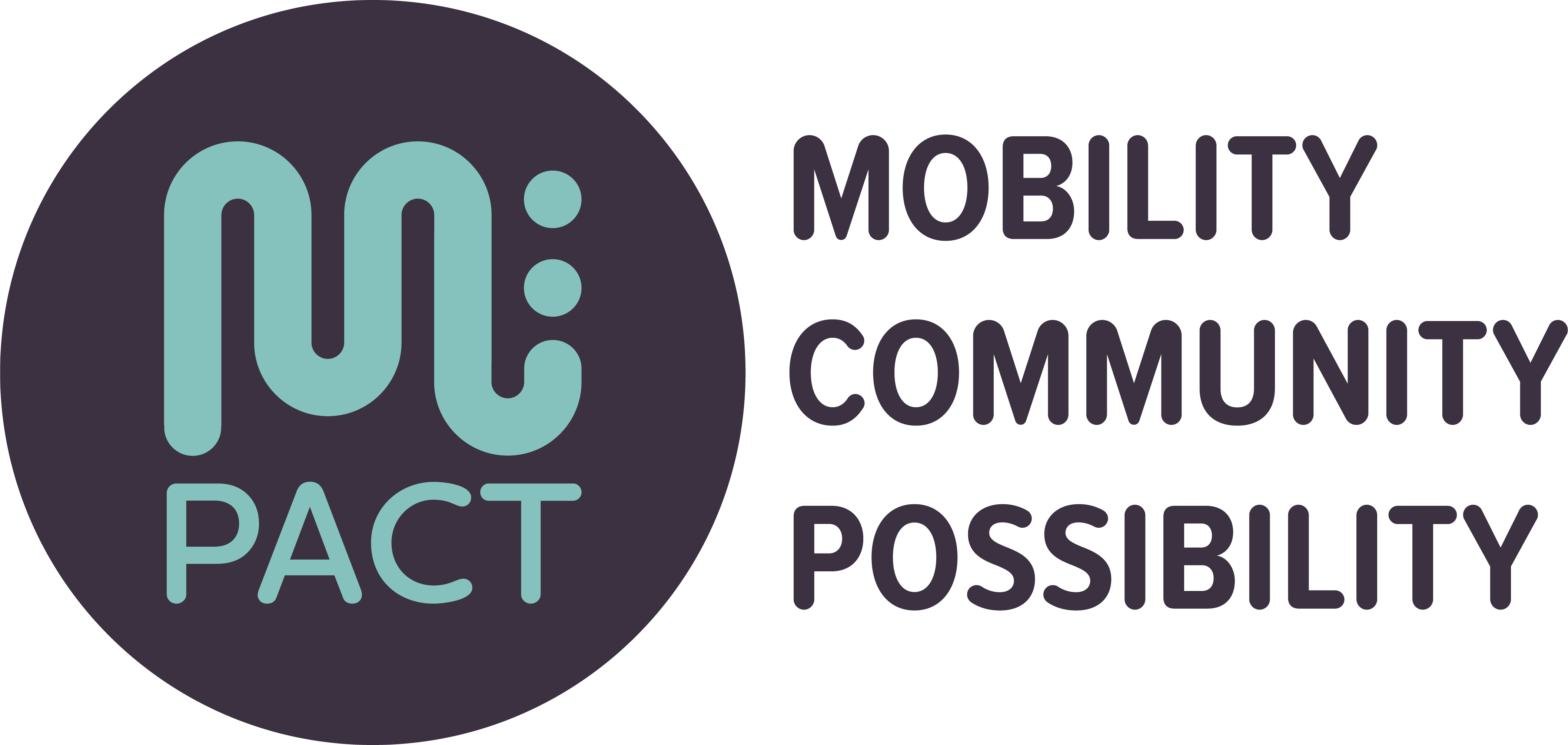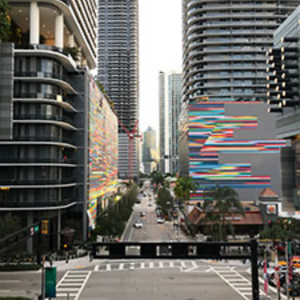Topics:
Originally published on railvolution.org. Rail~Volution is now Mpact: Mobility, Community, Possibility.
The Rail~Volution Board of Directors and National Steering Committee (NSC) were in Miami this month to set direction for the year ahead. The board meeting overlaps with the NSC’s first planning meeting for the annual Rail~Volution transit and community development conference, which will be in Miami, September 20-23.
The board led a discussion about organizational goals and we heard from the Local Host Committee, met local leaders and learned more about the South Florida region. Here are some things we learned; we’re excited to make this a wider conversation – with you! – next September.
Two Tours
In downtown Miami, we got a first-hand look at new developments oriented to existing transit service: the Metromover (a free, electric-powered people mover) and Metrorail. A resident of Brickell City Center told us how the options downtown lured her from Miami Beach.
We also learned about South Florida’s privately-funded intercity rail service, currently branded Brightline but becoming Virgin Rail. Taking the train to West Palm Beach, members of our group explored downtown by foot and trolley, including a look at the Clematis Streetscape project, which added wider sidewalks, shade trees, narrower traffic lanes and a curbless street design to an iconic local street.
Thanks (for the downtown Miami tour) to Ben Feldman of Miami Worldcenter and Regina Lacayo of Swire Properties and (in West Palm Beach) to Raphael Clemente with the City of West Palm Beach Downtown Development Authority and Kim Delaney with the Treasure Coast Regional Planning Council.

Brickell City Center, Miami.
Credit: Jim Hencke

Downtown West Palm Beach.
Credit: Dan Bartholomay
A mini-conference session
One of the objectives of the NSC meeting was to frame the 2020 conference location. To do so, in addition to the tours, we arranged a Rail~Volution-like session with a cross-sector set of speakers.
Azhar Chougle, Executive Director of Transit Alliance Miami, spoke about a “first of its kind” collaboration. Transit Alliance, a nonprofit organization, is working under contract with the county to lead the public engagement and planning for a bus system redesign. Miami-Dade’s bus network currently has very few high-frequency routes, running in a very limited geography. Chougle spoke about the advocacy leading up to the county’s decision to work with the organization directly on a bus redesign.
Daniel Gibson is Regional Vice President for Allegheny Franciscan Ministries, a foundation focused on health care, especially on addressing the social determinants of health. He spoke of becoming tuned into the Miami conversation about building more multimodal communities -at events such as the Smart Streets Summit. In communities such as Overtown (a historically African-American community displaced by highway expansion), he said there is unspoken racial tension, along with worry about whether new jobs and housing will benefit local residents.
Alice Bravo, who leads the county’s transportation and public works department, spoke about the challenges of traffic congestion, affordable housing and unemployment – issues familiar to many cities across North America. She recapped the county’s efforts to advance transit expansion, which faltered until approval of the SMART Plan in 2016. Now, rather than individual corridors vying to be first, planning for several corridors is advancing together, with budgets for each. Last year, the county voted to proceed with BERT (Bus Express Rapid Transit) in the south corridor; RFPs will be issued soon for other corridors.
Jason King, a principal with Dover, Kohl and Partners provided some baseline facts about Miami-Dade and described transit-oriented projects outside of downtown Miami. Miami-Dade is largely laid out on a grid, but one constrained by the Everglades and ocean. The county’s transit system is smaller than in cities of comparable size. In Miami-Dade there is no income tax and no local option gas tax. It is one of the largest minority-majority locations in the country, with a lot of new immigrants and a relatively small middle class. King also spoke about sea level rise in an area where the average elevation is 6’6” above sea level.
The discussion that followed touched on (to name just a few topics) regulatory tools to add and preserve affordable housing, Miami as a magnet for international capital, and the need to vocally celebrate the progress that is being made while keeping up the pressure for more.
A reception
Networking is always a part of Rail~Volution gatherings. A reception at the MiamiCentral Brightline Station brought the NSC together with a large cohort of people working on different aspects of transportation and community development.

Photos from the networking reception in Miami, including a couple of Dan Bartholomay, CEO of Rail~Volution, and the co-chairs of the Rail~Volution Miami Local Host Committee: (left) Aileen Bouclé, Executive Director of the Miami-Dade Transportation Planning Organization (TPO), and (right) Alice Bravo, Director of the Miami-Dade Department of Transportation and Public Works.
What’s Next?
One of the major outcomes of the Miami meetings was to refine the Call for Speakers for Rail~Volution 2020. The deep dive into Miami reinforced the notion that cities around North America are facing similar issues. The Call for Speakers seeks the best and latest thinking about how to build more equitable, livable, affordable and sustainable communities through transit, related multimodal options and development. Miami and South Florida offer a vibrant story of exciting new work and opportunities to share and learn.
In terms of overall direction for the year ahead (and beyond), members of the board led a discussion about what it means to advance equitable transit-oriented communities. This involves not only recognizing transportation’s historical role in creating disparities we see today but also unpacking the way decisions are made today – at every level of the work.


